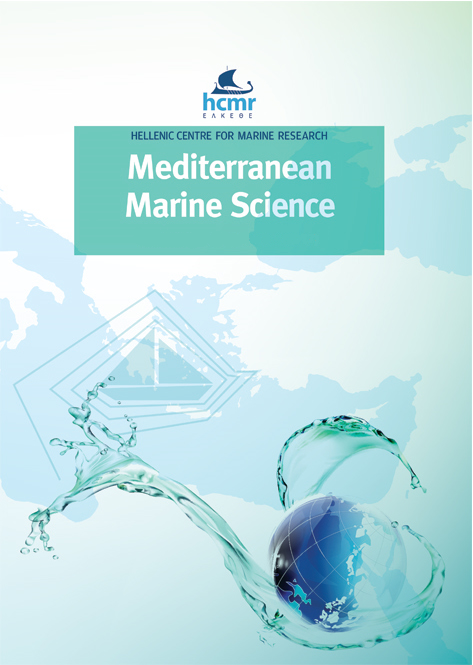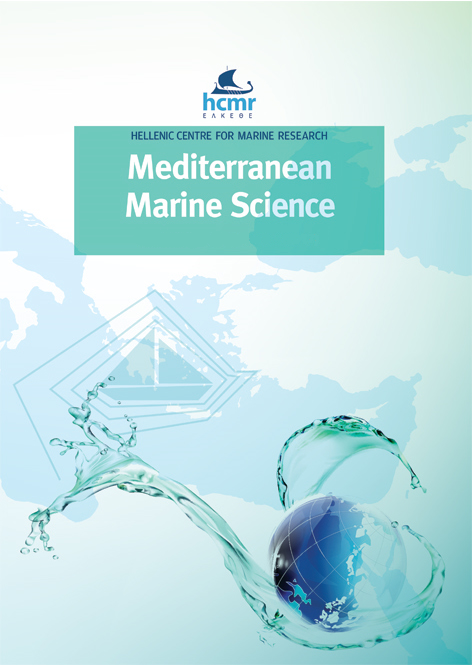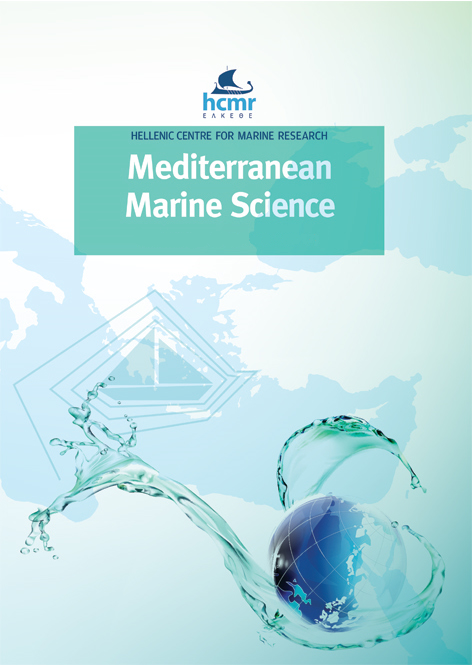Development and potential application of new set of Atlantic bluefin tuna EST-SSRs in the survival success during farming cycle
Resumen
The capture-based aquaculture of the Atlantic bluefin tuna (Thunnus thynnus) starts with the catch of wild individuals, a slow-operating transport to the rearing facilities, introduction to rearing cages, and adaptation to the captive environment; all bearing significant risks for the onset of stressful conditions that consequently can result in unexpected mortalities.
In order to explore whether the survival success through the farming cycle might be monitored at the genetic level and linked to several immunity and stress response associated genes, we have developed a new set of 13 EST-SSRs for T. thynnus and subsequently analysed 334 samples of juvenile wild-caught tuna and captive-reared adults during two consecutive farming cycles in the Adriatic Sea.
The results evidenced a low FST value (0.005) with similar allele frequencies and no major allele loss between investigated groups. Two tested approaches for the identification of loci under selection did not indicate departure from neutrality for any of the 13 EST-SSRs, suggesting that the latter could not be considered adaptive in the studied context.
Our results are in agreement with other studies that attempted to detect adaptive signals in T. thynnus, stressing the problem associated with the sampling design of a species with complex migratory behavior, reproduction and particular zootechnical practices employed at the farms. Nonetheless, characteristics of 13 new polymorphic loci reported here contribute to the broadening of the existing EST-SSRs resource, being a useful asset in future genetic studies of T. thynnus.
Article Details
- Cómo citar
-
RADONIĆ, I., TRUMBIĆ, ŽELJKA, ŠEGVIĆ- BUBIĆ, T., GRUBIŠIĆ, L., & MLADINEO, I. (2020). Development and potential application of new set of Atlantic bluefin tuna EST-SSRs in the survival success during farming cycle. Mediterranean Marine Science, 21(2), 298–307. https://doi.org/10.12681/mms.19025
- Número
- Vol. 21 Núm. 2 (2020)
- Sección
- Research Article
Authors who publish with this journal agree to the following terms:
- Authors retain copyright and grant the journal right of first publication with the work simultaneously licensed under a Creative Commons Attribution Non-Commercial License that allows others to share the work with an acknowledgement of the work's authorship and initial publication in this journal.
- Authors are able to enter into separate, additional contractual arrangements for the non-exclusive distribution of the journal's published version of the work (e.g. post it to an institutional repository or publish it in a book), with an acknowledgement of its initial publication in this journal.
- Authors are permitted and encouraged to post their work online (preferably in institutional repositories or on their website) prior to and during the submission process, as it can lead to productive exchanges, as well as earlier and greater citation of published work (See The Effect of Open Access).







